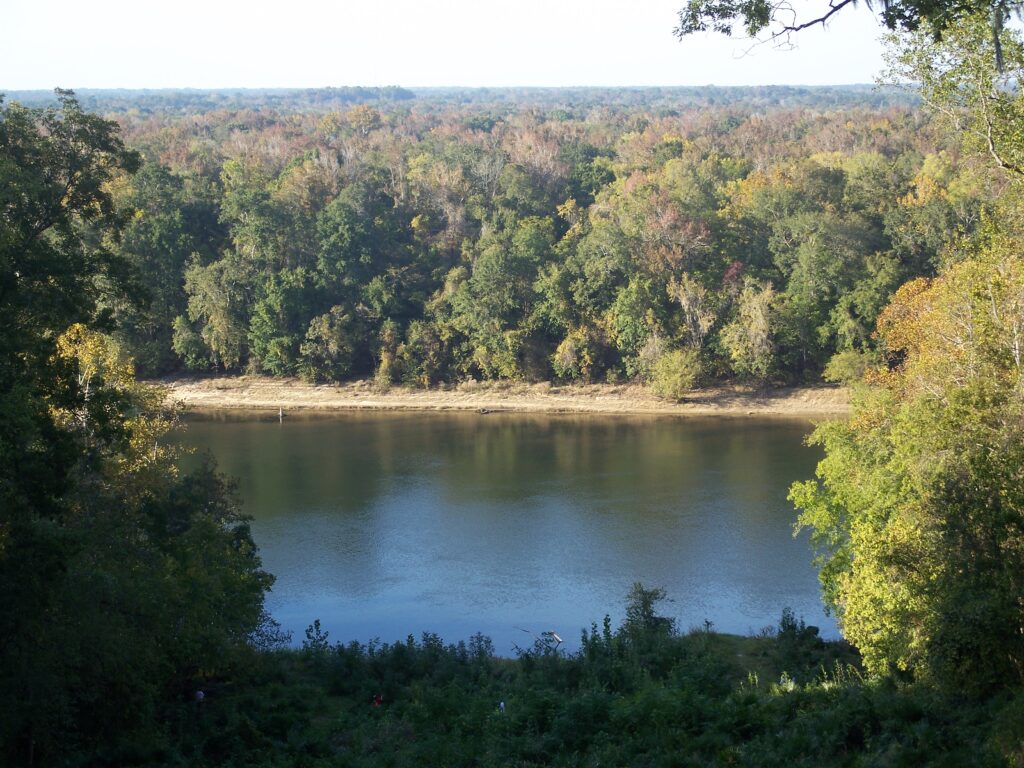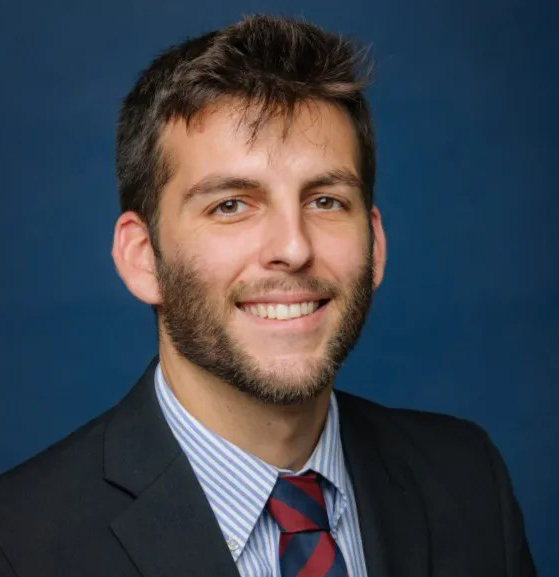By Michael Ellis
Now is the time to speak up loudly for anyone who supports the “Kill the Drill” legislation (HB 1143/SB 1300) and wants to provide durable protection for the economy, culture and ecology of the Apalachicola River Basin.
Call Sen. Corey Simon, R-Tallahassee, today and respectfully urge him to support the all-important 10-mile ban that his watered-down legislation lacks.
The “Kill the Drill” effort is bipartisan. There are two different versions of the same bill: HB 1143 (Sponsors: Rep. Jason Shoaf, R-Port St. Joe, and Rep. Allison Tant, D-Tallahassee); and SB 1300 (Sponsor: Simon). The goal is the same. But the bills are not.

HB 1143 is the stronger bill offering more protection to the economy, culture and ecology of the Apalachicola River Basin. Simon’s legislation is a watered-down half measure: It leaves the door open for a foreign actor to finagle an exploratory drilling permit through an administrative permit proceeding. How? Because it lacks the 10-mile blanket ban that HB 1143 contains.
And, as if the Senate’s watered-down version wasn’t frustrating enough, Simon erratically proposed a series of last-minute amendments to the legislation right before its final stop on the Senate floor.
First, he proposed an amendment with a 5-mile ban on April 22. Fair enough. We could have an honest conversation about whether that’s sufficient. But just 24 hours later, he withdrew that amendment. Then, he proposed a fundamentally different amendment: effectively giving the governor the power to determine whether petroleum drilling is permissible in the Apalachicola River Basin on a year-to-year basis. Huh?
This amendment (which was adopted without debate from the Senate) proposes a drilling prohibition only in counties designated by the governor as “rural areas of opportunity under s. 288.0646 if the proposed site is within 10 miles” of a national estuarine research reserve. Why add this level of uncertainty? There are so many problems with what this amendment is, and how it was passed. It sent Apalachicola scrambling.
And substantively, this amendment has flaws that endanger Apalachicola. First, for example, the region’s designation as a “rural area of opportunity” is set to expire in July. Why chose this type of protection — which needs annual renewal — when we can enact a statute that does not need yearly renewal? Second, why add the governor to the equation? Again: We can pass a statute that leaves no wiggle room.
If all three elected Panhandle politicians truly want to provide the strongest, most durable protection to the panhandle’s unique economy, culture and ecology, then the right choice is simple: We need a 10-mile ban in statute.

The choice is obvious to Sheriff AJ Smith – the sheriff of Apalachicola. He said drilling in the basin could make Apalachicola “a ghost town.” The choice is obvious to Shoaf. He sponsored the legislation with the 10-mile ban. The choice is obvious to the Apalachicola Riverkeeper – the real-life Lorax whose job it is to protect the river. She said oil drilling “risks catastrophic damage” of a delicate region.
In the statement he released following his campaign victory in 2024, Simon reflected on the first promise he made to Floridians in 2022: “When I was first elected two years ago, I made a promise to the people I serve to always put them first and fight for their seat at the table.”
As a constituent myself, I don’t feel that I or my Panhandle brethren are being put first. Here are some questions any proponent of the Senate’s legislation should answer. What’s wrong with the 10-mile ban? What’s wrong with a 5-mile ban? Why, as an elected Panhandle representative, defer to the governor to decide whether Apalachicola is important enough to be protected on a yearly basis? Why leave the door open for some foreign company to plunder the prize gem of his region? What interest is more important than protecting the economy, culture and ecology of this region?
Michael Ellis is a Tallahassee-based appellate attorney with Alexander Appellate Law and a Tallahassee native. This opinion piece was originally published by the Tallahassee Democrat, which is a media partner of The Invading Sea. Banner photo: An oil pumpjack (iStock image).
Sign up for The Invading Sea newsletter by visiting here. To support The Invading Sea, click here to make a donation. If you are interested in submitting an opinion piece to The Invading Sea, email Editor Nathan Crabbe at nc*****@*au.edu.



